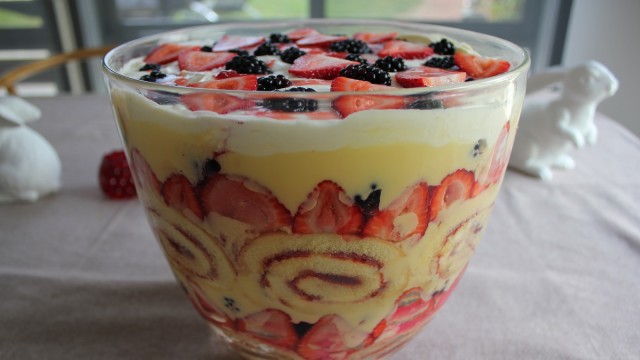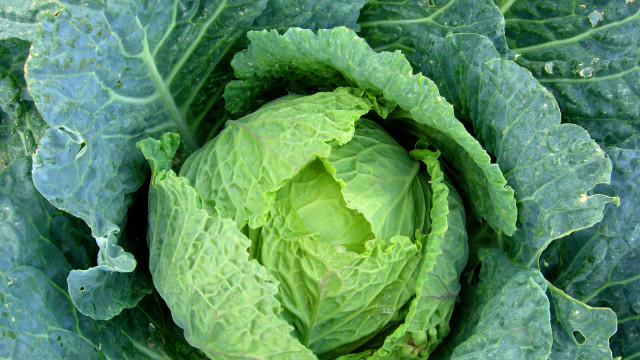The festive season is tough for any waste jar-ian. It’s during this time of the year that we become most aware of our waste related habits. Think about all the common phrases we say about food at this time…
“Better to have too much than too little.”
“It is the season of excess.”
“We had to have all three types of meat.”
“We have to stock up because the supermarket will be closed.”
“We ate ham for days and then had to throw the rest out.”
“Mum’s got like five trifles in the back fridge. It’s like a whole fridge dedicated just to trifle.”
… okay, maybe that last one is just my family. Maybe?
It is easy to get caught up and carried away in old habits at this time of year. So we’ve given you some tips below that may help to avoid this tradition this season.
1. Plan.
That old chestnut! (Well you wouldn’t have old chestnuts if you planned.)
This tip is about working towards having the right quantities of food in the first place – real waste jar thinking. It’s also about the fundamental methods of being waste conscious: seeing what’s already in the cupboard first, writing lists, doing more calculations and less guess work.
How many are coming? How many potatoes per person? Not everyone likes peas, so don’t get so many peas. (Who’s going to be upset they didn’t get peas anyway?) I’ve got ice cream from the weekly shop already so I won’t buy more.
2. Communicate.
How many Christmas’ have you been to where two people brought a ham? If you’re hosting and asking people to contribute, make sure they know what and how much of what they are to bring. In fact, go so far as to tell them what everyone else is bringing too. Send an email. Use the old family grapevine.
While everyone may get a little generous during the holiday season, that generosity is no good when a guest thinks they just might bring a Christmas cake, you know, just in case. Communicating who is bringing what stops these assumptions.
The flip side to this, if you’re a guest and you don’t know what to bring, ask your host. They can ensure you don’t look the fool when you rock up with yet another Christmas cake.
Or more importantly, if you’re the guest and you’ve read the email, or heard on the grape vine that Aunty Jo is bringing prawns, maybe make sure you let your partner know too, particularly if they’ve mentioned getting prawns in passing. That’s your opportunity to keep Christmas dinner waste free.
3. Open when you’re ready.
Some types of food keep for longer in their original packaging. Think red wine, cheeses, cream, dips, anything marked “must be consumed within X days of opening.”
If you have a cheese board out, don’t put all the cheese out at once. If you’re serving cream with your pudding, wait until the table has finished the first tub of cream before you open the next.
The host may be worried that they don’t appear hospitable, when on the contrary they are creating more interaction between guests. “Pass me the cream please” and “which cheese should we open next?” are conversation starters and reasons to get up and move about.
This tip is easy and if you can do any of these tips across the holiday period, it should be this one.
4. Don’t be a prepper.
This contradicts the old fashion notion that supermarkets aren’t open until January 2nd and we need to stock up. Sure, stock up on as much canned, frozen and packaged foods as you like. But if you’re concerned that you’ve not perfectly calculated all the potatoes, ham and carrots per person, don’t stress, take a breath, our supermarket giants will be ready for your purchases as soon as you’re ready to make them.
5. Stock up on freezer blocks and esky bags.
So guests can take a plate home! Share the responsibility of the leftovers. No one person or family should be challenged to eat all of the left over ham.
And if all else fails…
6. Eat trifle for breakfast.
Hey, you’re on holidays. There is food there to be eaten and, unless your diabetic or getting married next week, who cares if you’re eating dessert for breakfast.
Similarly, cheese can be dessert. Potato salad can be a meal on its own. Turkey is a snack. Who would of thought saving food waste could be so good?!

